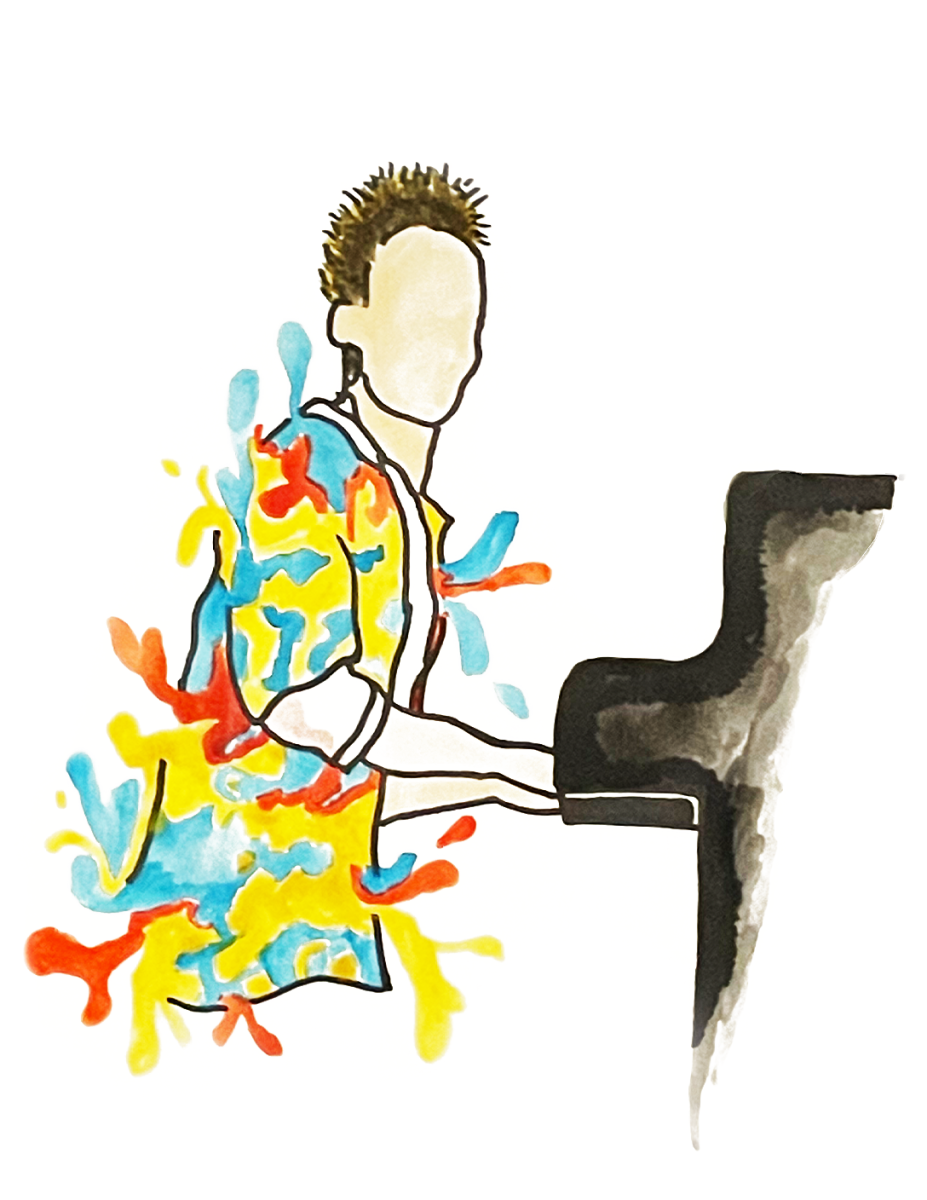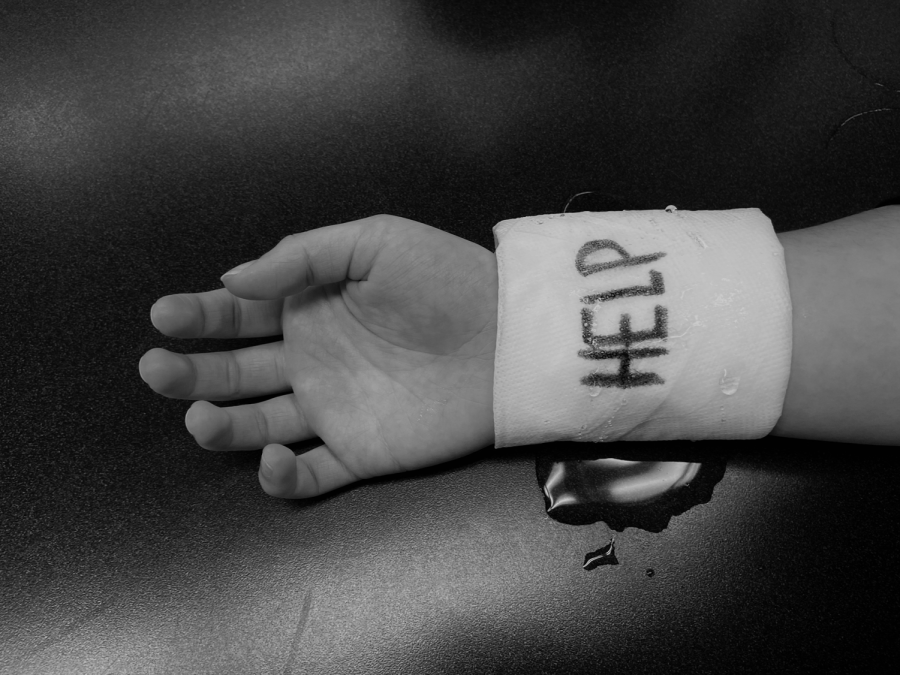Yale’s Reinstatement Policy Controversy
Universities are under fire for “reinstating” students who suffer from mental illness because they are considered a liability.
February 8, 2023
From suicides at Stanford, to self harm at Yale, and immense rates of depression at Cornell, elite universities have dark secrets when it comes to their students mental wellbeing.
According to the Healthy Mind Study published in the Journal of Affective Disorders, 60 percent of all college students suffer from mental illness.
Support for students suffering from mental illness is gradually improving at universities after facing public pressure and lawsuits.
“Mental illness doesn’t diminish previous accomplishments,” said junior Sasha Drucker. “Someone could work for their entire life to get into a school but the development of mental illness is really hard to control.”
For universities such as Yale, the solution to the student mental health crisis is to place students identified as “threats” due to a demonstration of mental illness on medical leave until they are deemed safe to return to campus.
This process, called reinstatement, requires students to reapply and write and essay explaining why they should be allowed on campus.
One student who has been affected by this policy was Nicolette Mántica, a junior at Yale who cut her arms to cope with stress.
Nicolette was placed on medical leave after Yale discovered that she was harming herself.
“It wasn’t about helping me. It was about getting rid of me,” Nicolette told the Washington Post.
This controversial approach to dealing with mental illness has many different sides to it.
“Given there is a point where a student needs to be hospitalized because of their mental illness, I believe it should be up to the college to do what they see fit in order to protect the student or others,” said junior Griffin Rick. “However, I do not think that this should necessarily constitute expulsion or re-application.”
Once a student has an episode of mental illness, universities tend to find out through the medical institution or therapist the student ends up at. Once Yale gets a report of an incident, it is up to the university to decide what to do about the student’s enrollment.
“An uncontrollable variable causes someone’s life accomplishments to be a little worthless,” said Sasha, “but at the same time, I get it because mental illness could be a threat to other students.”
The dean of Yale, Pericles Lewis, responded to claims that reinstatement was unfair to mentally ill students after the Washington Post published an article interviewing students like Nicolette who were effected by the process.
Lewis defended Yale by arguing that it is important that students “take the time necessary to improve their mental health to recover from whatever situation they are in.”
According to Yale president, Peter Salovey, the University will be working to direct more money towards mental health services and limiting how laborious the reinstatement process is rather than removing the policy entirely.
Although Yale has addressed the claims, students like Nicolette do not see the responses as an apology for the reinstatement policy.
“They didn’t take into account who I was and what I needed,” said Nicolette.




































